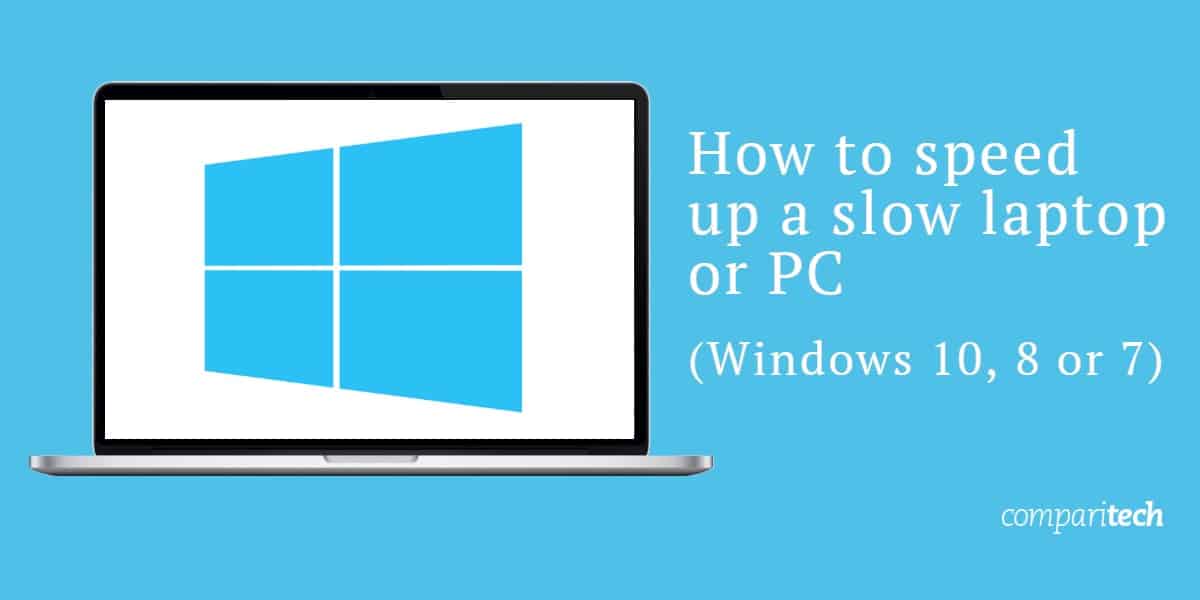
Optimize Windows for better performance
Applies to: Windows 7
Here are some tips to help you optimize Windows 7 for faster performance.
Try the Performance troubleshooter
The first thing that you can try is the Performance troubleshooter, which can automatically find and fix problems. The Performance troubleshooter checks issues that might slow down your computer's performance, such as how many users are currently logged on to the computer and whether multiple programs are running at the same time.
Open the Performance troubleshooter by clicking the Start button , and then clicking Control Panel. In the search box, type troubleshooter, and then click Troubleshooting. Under System and Security, click Check for performance issues.
Delete programs you never use
Many PC manufacturers pack new computers with programs you didn't order and might not want. These often include trial editions and limited-edition versions of programs that software companies hope you'll try, find useful, and then pay to upgrade to full versions or newer versions. If you decide you don't want them, keeping the software on your computer might slow it down by using precious memory, disk space, and processing power.
It's a good idea to uninstall all the programs you don't plan to use. This should include both manufacturer-installed software and software you installed yourself but don't want any more—especially utility programs designed to help manage and tune your computer's hardware and software. Utility programs such as virus scanners, disk cleaners, and backup tools often run automatically at startup, quietly chugging along in the background where you can't see them. Many people have no idea they're even running.
Even if your PC is older, it might contain manufacturer-installed programs that you never noticed or have since forgotten about. It's never too late to remove these and get rid of the clutter and wasted system resources. Maybe you thought you might use the software someday, but never did. Uninstall it and see if your PC runs faster.
Limit how many programs run at startup
Many programs are designed to start automatically when Windows starts. Software manufacturers often set their programs to open in the background, where you can't see them running, so they'll open right away when you click their icons. That's helpful for programs you use a lot, but for programs you rarely or never use, this wastes precious memory and slows down the time it takes Windows to finish starting up.
Decide for yourself if you want a program to run at startup.
WATCH VIDEO FOR TUTORIAL :

ConversionConversion EmoticonEmoticon